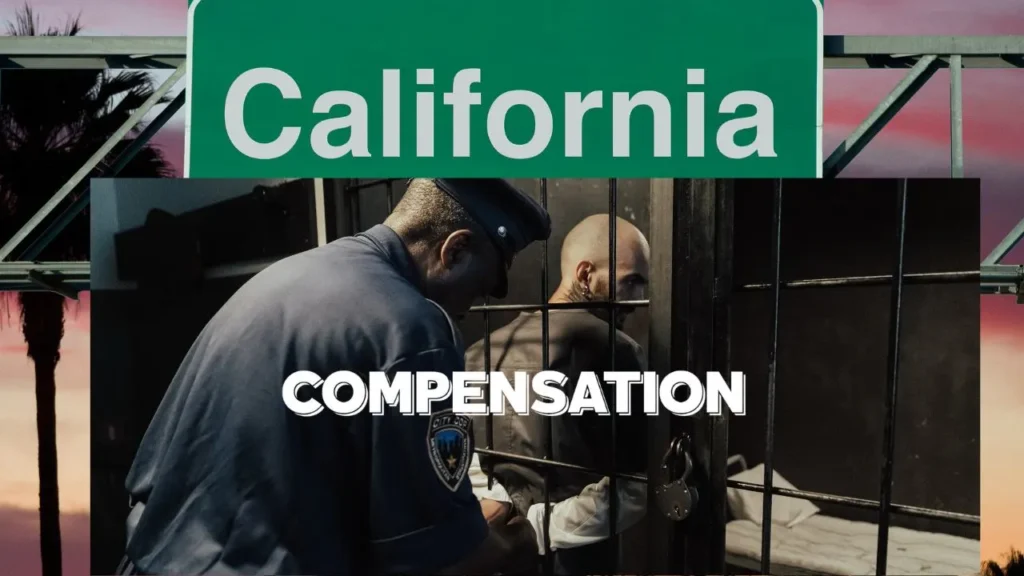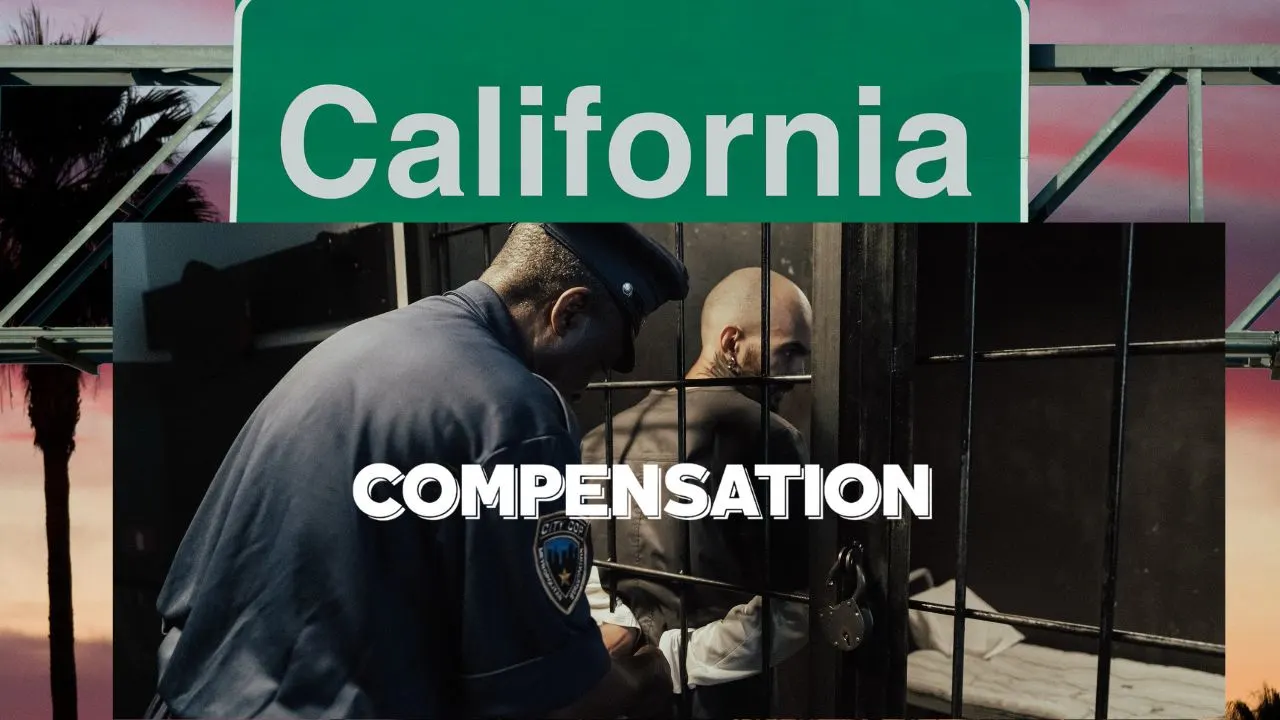What Happens If You Violate an Evacuation Order in California?.When disaster strikes, few moments feel more unsettling than being told to leave your home behind. Whether it is wildfires tearing through dry hillsides, flash floods washing out roads, or earthquakes creating unstable conditions, California authorities sometimes issue mandatory evacuation orders to protect the people from harm.
But what happens if you decide not to leave? Can the police force you out? Could you be arrested? And what risks do you face if you choose to stay behind? You will explore what evacuation orders really mean in California, the legal consequences of ignoring them, and why compliance is usually the safest choice.
What Happens If You Violate an Evacuation Order in California?-Overview
| Article on | What Happens If You Violate an Evacuation Order in California? |
| Evacuation Warning | Be ready to leave soon. |
| Mandatory Evacuation | Leave immediately for safety. |
| Refusing to Leave | Rarely arrested, but strongly discouraged. |
| Staying Behind | No guarantee of rescue or emergency services. |
| Safer Choice | Evacuate to protect yourself and first responders. |
Understanding Evacuation Orders in California
California is no stranger to natural disasters. In recent years, catastrophic wildfires in places like Paradise, Santa Rosa, and Malibu have forced entire communities to flee within hours. Flooding, mudslides, and chemical spills have also triggered evacuations. It is important to note that California distinguishes between “evacuation warnings” and “mandatory evacuation orders.”

- An evacuation warning means you should prepare to leave soon.
- A mandatory evacuation order means you must leave immediately because staying behind is dangerous.
Can You Be Arrested for Refusing to Leave?
The very short answer is yes, but it is rare. Under the California law, emergency management statutes give state and local governments the power to enforce evacuation orders. Police and sheriffs have the authority to remove individuals who refuse to comply if their presence poses a threat to public safety or interferes with emergency operations. However, people are not often arrested simply for staying in their homes. Law enforcement usually does not want to spend time dragging residents out one by one when their resources are needed elsewhere.
Real Risks Beyond Arrest
Even if you’re not arrested, ignoring an evacuation order carries heavy risks. In fact, the greatest consequences are not legal but physical.
You May Not Be Rescued
According to the authorities if you stay behind during a mandatory evacuation, don’t expect emergency crews to come save you later. Firefighters, medics, and police will not risk their lives to rescue holdouts who knowingly ignored orders.
You Put First Responders at Risk
Staying behind doesn’t just endanger you, it can also place firefighters, police officers, and medical crews in harm’s way. If conditions worsen and you suddenly need help, rescuers may feel obligated to respond, even at the risk of their own safety.
You Could Be Trapped Without Supplies
When disaster zones are cut off, those who stayed behind often find themselves without power, water, food, or medical help. Roads may be broken down, communications down, and emergency shelters out of reach. Many people who thought they could “ride it out” later regretted the decision.
How Enforcement Works in California
The way evacuation orders are enforced can be different from county to county. In some places, deputies may go door to door, urging the residents to leave. They may even escort vulnerable individuals, such as the elderly or disabled, to safety. While California law provides room for penalties, including wrong doings, the focus tends to be more than punishment. Officials know that in high-stress situations, fear, finances, or mobility issues might prevent people from leaving quickly.
Exceptions and Local Practices
Some jurisdictions in the U.S. allow people to remain on their own property during mandatory evacuations, as long as they don’t expect rescue services. California generally discourages this, but enforcement can be flexible.
Authorities recognize that not everyone has the resources to evacuate easily. Low-income families, people without transportation, or individuals with medical conditions may need additional assistance. In such cases, California encourages residents to register with local emergency management agencies for evacuation help before disasters strike.
Why People Sometimes Stay Behind
Despite the dangers, many people still refuse to leave during mandatory evacuations. The reasons may be different among the following:
- Fear of looting or losing their property.
- Lack of money for travel, gas, food, or hotels.
- Caring for pets or livestock.
- Underestimating the severity of the disaster.
- Distrust of government or past false alarms.
Lessons From Past California Disasters
History offers sobering lessons about ignoring evacuation orders:
- Camp Fire (2018, Paradise, CA): Many residents hesitated to leave, thinking they had more time. The fire spread so fast that people were trapped in cars and homes. The disaster became the deadliest wildfire in California’s history.
- Santa Rosa Fire (2017): Some residents refused to evacuate because previous fire warnings had not been as severe. This time, flames destroyed entire neighborhoods overnight, leaving hundreds scrambling at the last minute.
- Southern California Flooding and Mudslides (2018): Despite evacuation orders, some residents in Montecito stayed behind. Heavy rains triggered deadly mudslides that destroyed homes and left dozens dead or missing.
The Human Side of the Law
At its core, evacuation law in California is not about punishing people as it is about preventing the loss of life. The state would rather see everyone safe in a shelter than issue fines or make arrests. Still, the government has a responsibility to maintain order and protect both residents and first responders. If someone’s refusal to evacuate puts others in jeopardy, authorities may have no choice but to step in.
| Home Page | https://sbbarristers.com/ |
FAQs for What Happens If You Violate an Evacuation Order in California?
Can I be arrested for refusing to evacuate?
Yes, but it’s rare.
Will rescuers come if I stay?
Probably not as you may be on your own.
What is the difference between a warning and an order?
Warning means prepare and order stated to leave now.
Do property owners have to leave too?
Yes, safety rules apply to everyone.
